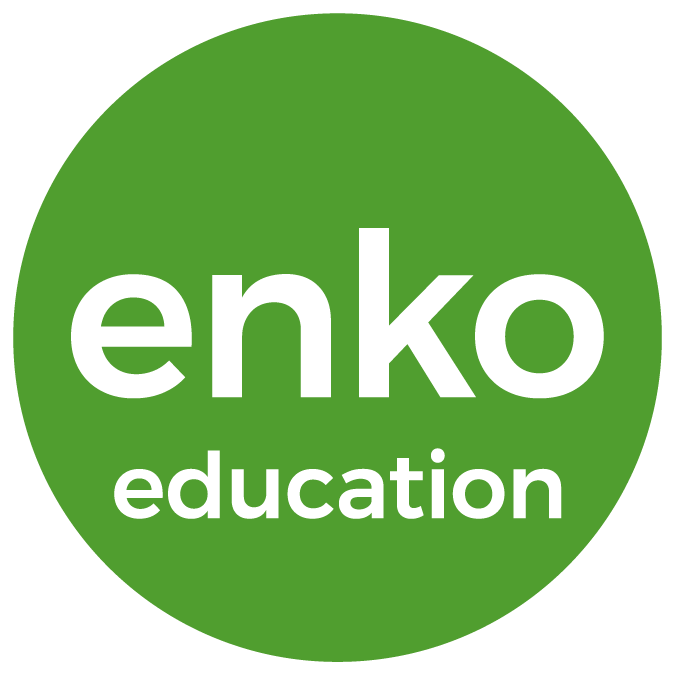TPG Makes Debut Africa Investment, Buying Into Moroccan Schools Operator
TPG has become the latest U.S. private-equity firm to invest in Africa, making its first investment in a chain of private schools in Morocco, to tap into a middle class which is spending more on education.
TPG, led by billionaire David Bonderman, and its partner in Africa, Satya Capital Ltd., under Chairman Mo Ibrahim, will pay 250 million Moroccan dirhams ($25 million) for a minority stake in Ecoles Yassamine, people familiar with the transaction said. Mr. IB
Ecoles Yassamine educates 6,000 students in six schools, and plans to build and buy more Moroccan schools before expanding to other countries in Africa. The continent has the highest proportion of young people in the world. Of the 1.16 billion people in Africa, half are children, according to the United Nations.
“We believe we can build a business that is substantially bigger than Ecoles Yassamine is today,” Bill McGlashan, managing partner of TPG Growth, said in an interview. “The sheer demand makes it very compelling.”
Africa’s high-risk markets present potentially high rewards given the low yields on offer from investments elsewhere in the world. TPG’s African strategy differs from its closest U.S. rivals. Blackstone Group LP is focusing on energy and infrastructure while Carlyle Group and KKR & Co. are buying larger African companies.
TPG is investing through its growth fund, which backs young businesses that aim to expand rapidly, such as Californian startups Uber Technologies Inc. and Airbnb Inc.
For the world’s leading private-equity firms, Africa accounts for a fraction of the money they invest. The continent accounted for just 1.47% of the $438 billion of private equity deals in 2014, though last year’s $6 billion of deals was almost triple 2013’s total, according to research group Preqin.
Private investors are increasingly buying into African education including Bill Gates and Mark Zuckerberg, who invested in Kenya’s Bridge International Academies, which educates more than 100,000 students. London-based private-equity firm Development Partners International LLP last year bought a stake in a private Moroccan university.
“More firms are seeking to capture opportunities presented by the emerging middle class in Africa,” said Robert van Zwieten, Chief Executive of the Washington-based Emerging Markets Private Equity Association. “There is a vast need for social infrastructure in Africa.”
The investment is TPG’s first in a school operator. The firm is working on a similar deal in Asia, while it has other sectors in its sights in the longer term, Mr. McGlashan said.
The number of Moroccan children in private schools soared 81% to 973,000 in 2014 from 2007, according to the country’s education ministry. The number of children attending all schools rose 10% to 7.38 million in the same period.
Ecoles Yassamine charges as much as $3,500 a year—more than Morocco’s average income of $3,020 per person. Ahmed Benyahia, the chief executive of the company, said he’s developing a network of cheaper schools with annual fees of about $1,000.
“We are looking at new models in which we could provide different education options–and fees—for families,” Mr. Benyahia said.
There were 40 private investments in African education organizations in 2014 compared with six in 2004, according to The Parthenon Group, a consulting firm.
TPG announced in June that it would invest in Africa in partnership with Mr. Ibrahim, a Sudanese entrepreneur and philanthropist who built mobile phone company Celtel across Africa before selling it for $3.4 billion in 2005.
Critics of investors in private education say it is too exclusive.
“We don’t want exceedingly good quality education for some and bad quality education for others based on their ability to pay,” saidDavid Archer, head of program development at Action Aid, a London-based nonprofit, antipoverty organization which campaigns for universal free education.
Mr. Archer said that the main problem for Africa’s education institutions is a lack of state funds.
Mr. Ibrahim said he would “love to see the time” when all African countries could provide quality education in every school for every child.
“It isn’t happening everywhere because of a lack of resources,” he said. “That is why there is room for the private sector.”
Source: The Wall Street Journal



